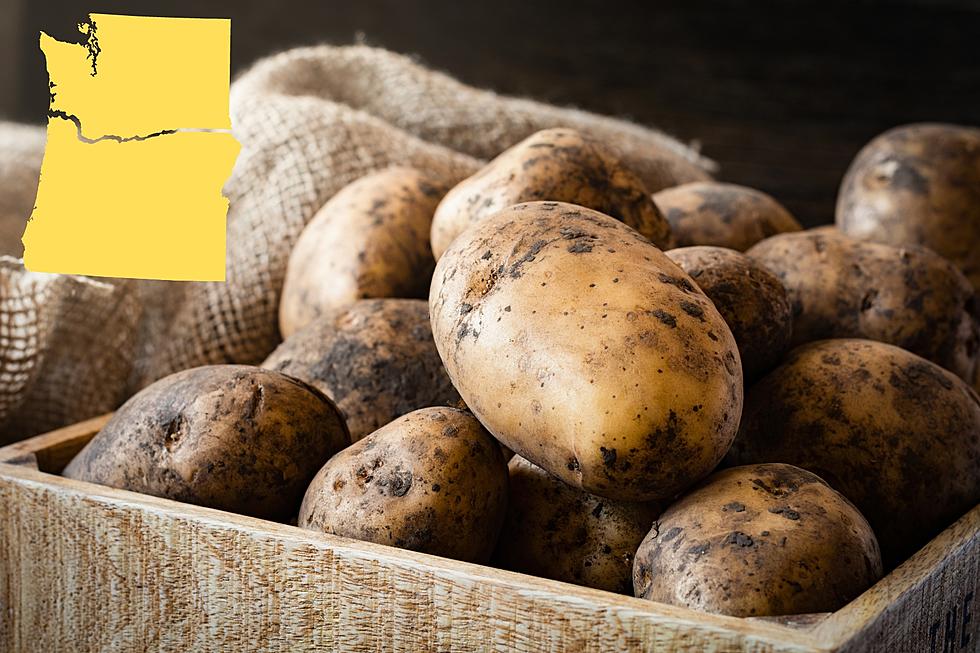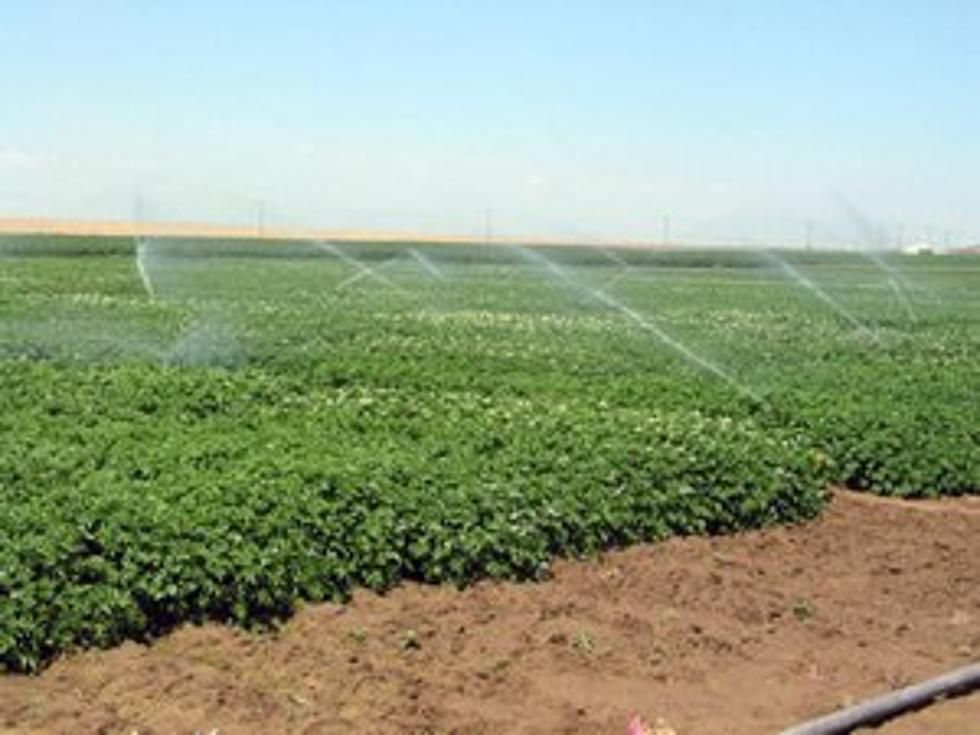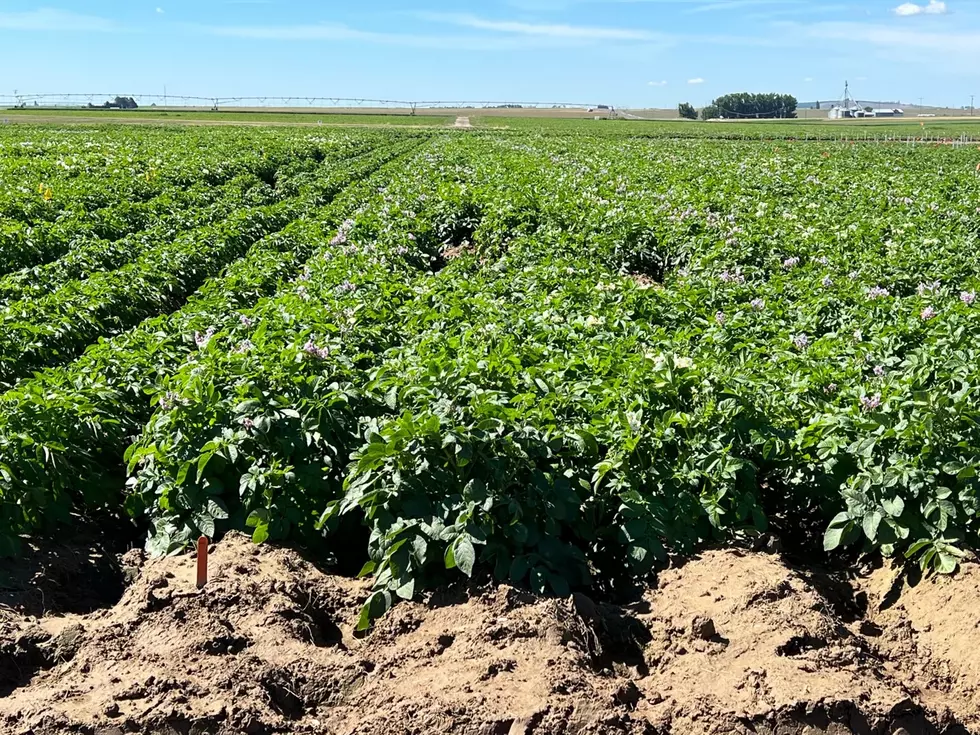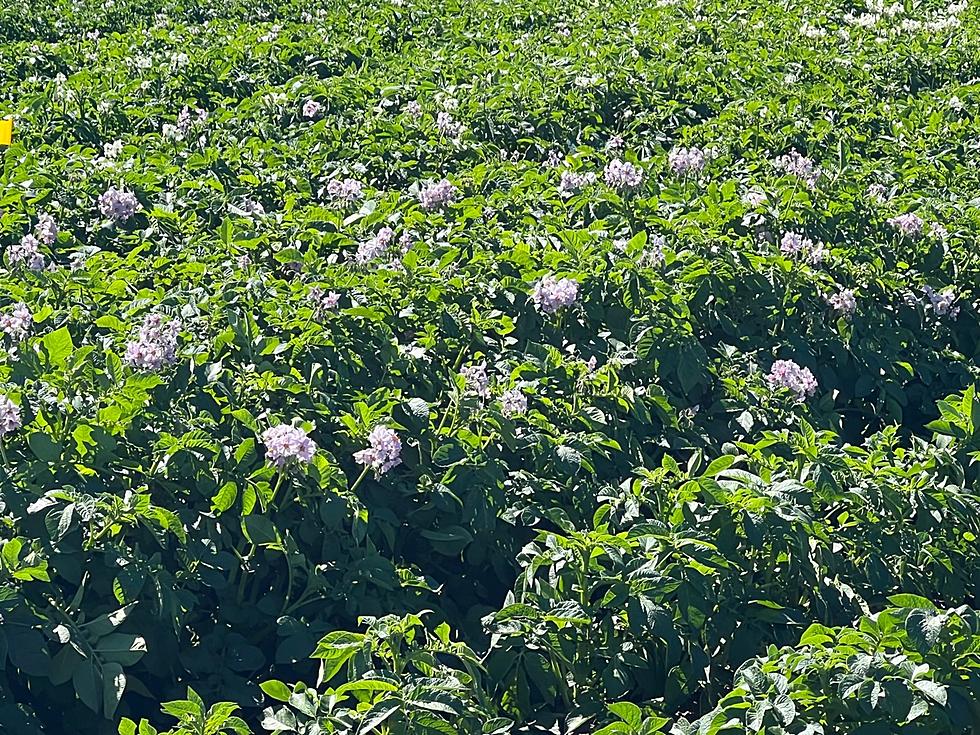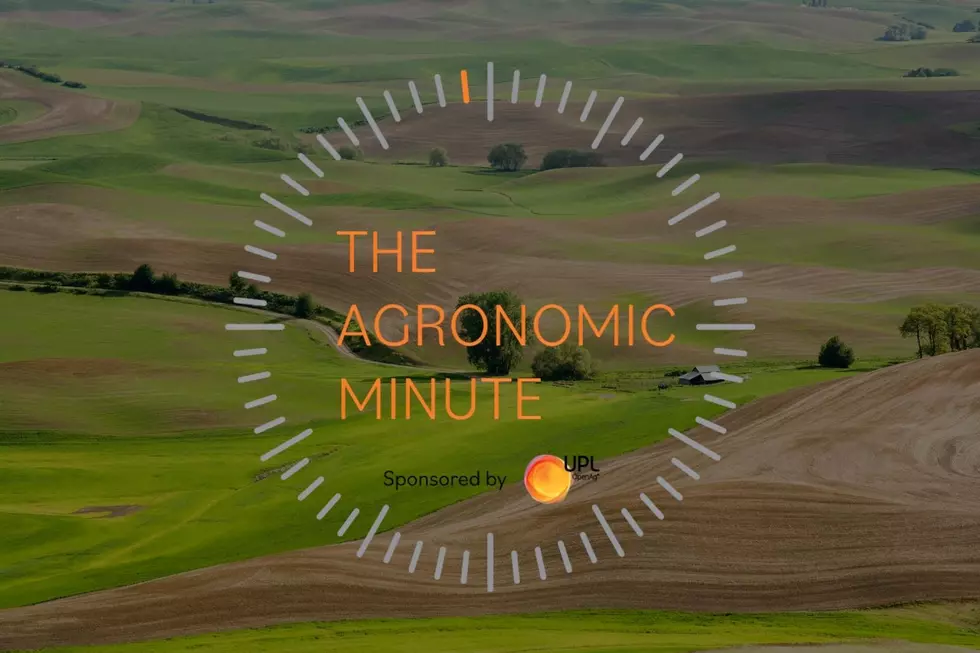
Late Winter Weather A Mixed Bag For Northwest Potato Growers
Chris Voigt Executive Director for the Washington Potato Commission says February’s snow and March’s cold temperatures have been a double edged sword for the local potato community. First he said on the positive side, the snow improved the snowpacks, which is great news for irrigators come this spring and summer. And he noted it also reduces volunteer potatoes, spuds that are left behind after last fall’s harvest.
“So, next year, that could be a corn field, or a wheat field, so you’ll get these little potatoes that will start sprouting and growing in the middle of a wheat field or a corn field. Those potatoes are really left unchecked. It could be a source of disease whether it’s virus or late blight fungus that will go untreated essentially the whole growing season.”
However, the winter blast has kept growers from the field, pushing several operations weeks behind schedule. And with cool temperatures expected for the next two weeks, Voigt said growers won’t get a chance to do any fieldwork anytime soon.
“It’s important that these soil temperatures warm up and that the moisture content kind of dries up a little bit before we can get into the fields. That’s really critical. You just can’t go out when it’s too wet, because you’ll cause all sorts of compaction issues, you get big dirt clods in your harvester in the fall.”
Voigt said the lack of field work has translated into increase attendance at their winter meetings.
If you have a story idea for the Washington Ag Network, call (509) 547-1618, or e-mail gvaagen@cherrycreekradio.com
More From PNW Ag Network
